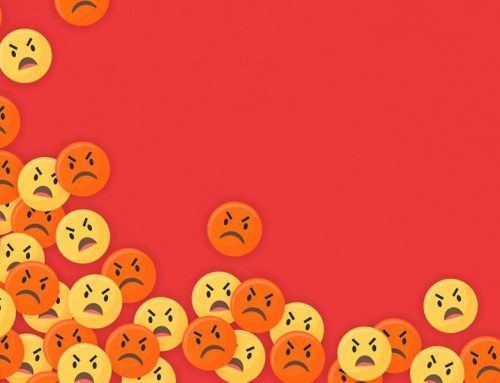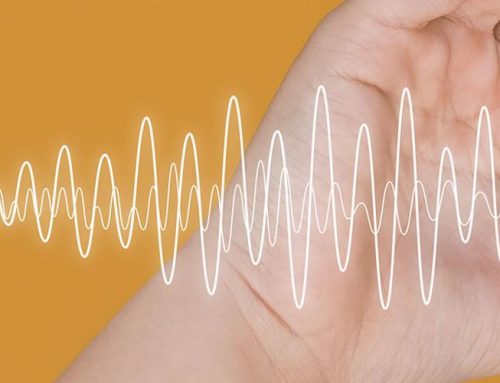A recent study published in the Journal of Pediatric Psychology highlights concerning findings regarding the correlation between attention-deficit/hyperactivity disorder (ADHD) in children aged 4-7 and obesity. Led by study author Madeline M. Curzon and her team, the research suggests that children with ADHD in this age group are more likely to be overweight or obese compared to their peers without the disorder. Additionally, they tend to perform worse on fitness tests and consume more calories.
ADHD is a neurodevelopmental disorder characterized by persistent inattention, hyperactivity, and impulsivity, which can significantly impact daily functioning. Treatment typically involves a combination of behavioral therapy, psychoeducation, and medication to manage symptoms and improve functioning.
The study, conducted on 223 children aged 4 to 7, primarily from a Hispanic population, aimed to explore the relationship between ADHD and obesity. Results revealed that children with ADHD were twice as likely to be overweight or obese compared to their counterparts without the disorder. Girls with ADHD exhibited higher physical activity levels, but overall, children with ADHD demonstrated poorer physical fitness.
Interestingly, there was no significant difference in diet quality between the two groups, although children with ADHD tended to consume more calories. The study underscores the importance of identifying vulnerable populations, particularly in Hispanic/Latinx communities, to address the early onset of obesity-related health risks among children with ADHD.
While shedding light on the link between ADHD and obesity, the study acknowledges the limitations of its predominantly Hispanic sample. Cultural norms and lifestyle factors may influence physical activity and dietary habits differently across diverse ethnic groups, warranting further research to explore these relationships comprehensively.
The paper, titled “Exploring Differences in Physical Health in Young Children With and Without ADHD,” was authored by Madeline M. Curzon, Anthony S. Dick, Catherine Coccia, and Paulo A. Graziano.



